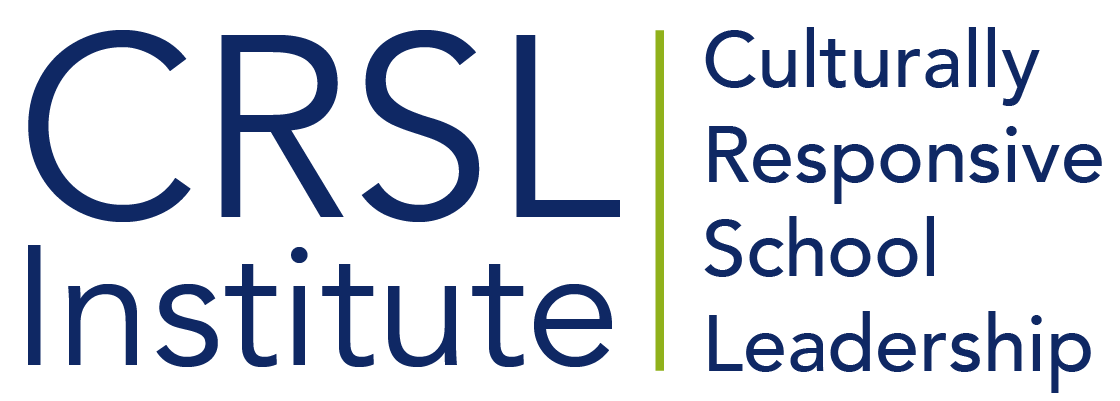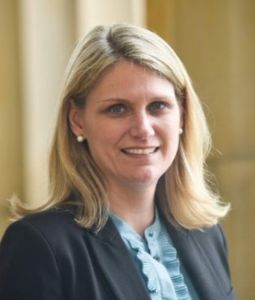Historical and Community-Based Epistemologies
Pilot Course for the "After the Academy" Program
-
Registration:
Ongoing -
Audience:
Leadership Teams -
Self-Paced:
6 One-Hour Sessions
Write your awesome label here.
Course overview
Minoritized communities need educational leaders to understand their unique local and macro collective histories. Discover how to profoundly shift your leadership paradigm by learning to dig deeply into minoritized communities' ways of knowing and being through this six session foundational course for Leadership Teams.
Job-Embedded Professional Learning
The CRSLI "After the Academy" Program
Pilot Course Description
Course Learning Objectives
Engaging as a Leadership Team
This course was designed to accommodate school or district leadership teams. Each member of your team has the option to enroll to gain personal/individual access to the courses content, but it can also be facilitated with only one enrollment by your team's designated program sponsor. After your enrollment a member of our team will contact you to support the process of enrolling additional team members if you wish to take advantage of that option.
Write your awesome label here.
Meeting as a Team
Six Sessions
Your team should plan to gather regularly on a schedule that works for you for one hour to work through each of the six sessions of the course. These sessions include:
- Lectures and videos
- Discussions and writing
- Team knowledge checks
- Collaboration activities and job-specific applications
In Between Sessions
Between each session, every member of the team will be asked to complete a job-embedded assignment that will allow for the application of knowledge, understanding and skills explored during the session. These include opportunities to analyze school data, connect with your community, develop systems and structures, collaborate with stakeholders, and much more. Team members will also need to complete:
- A short pre-reading assignment in the book, Culturally Responsive School Leadership
- A personal critical reflection
Course Materials
The course relies on a small set of essential materials that each team member will need to have. These include:
- A copy of the master text for this series, Culturally Responsive School Leadership by Muhammad Khalifa.
- The Course Workbook, which is a downloadable PDF that functions as either a digital workbook (i.e., fillable PDF) or a printable workbook which you can bind or three hole punch and place in a binder.
- Teams who are co-located may also wish to have additional materials to work on assignments such as chart paper, markers, highlighters, etc.
Program Cost
This program is currently in a research and development phase and is only being offered to our school district partners for piloting purposes.
The full program will be available for purchase by May 15, 2024. For more information contact m.smithpeterson@crsli.org, Directing of Instructional Design and Learning for CRSLI.
The full program will be available for purchase by May 15, 2024. For more information contact m.smithpeterson@crsli.org, Directing of Instructional Design and Learning for CRSLI.
Write your awesome label here.
Frequently asked questions
How do I register my leadership team members?
After you enroll and pay for the leadership team course, you will receive an email with instructions and a code that will allow the members of your leadership team to bypass payment and enroll themselves. They will create a username and password and enroll to the course using the code you are sent.
How will my leadership team members access the course?
After your leadership team members create a username and password and enroll to the course (using the code you will be sent after enrolling and paying for your team), they will be able to access all course learning materials from their CRSLI Dashboard page.
Does the registration fee include the cost for the course book (i.e., Culturally Responsive School Leadership by Muhammad Khalifa)?
The course fee does not cover the cost for purchasing the CRSL book, which can be purchased through Harvard Press or many other online booksellers. The fee does include all additional readings and materials.
If we cannot meet every week to complete the course, can we create a different schedule?
Yes, absolutely! The leadership team courses are designed to be self-paced. You can break them up and implement them over longer or even shorter time spans. Think of the course as a PLC or group book study, which you would naturally adjust to suit your schedules and learning needs in terms of the pacing.
Do we need to start and complete the course within a certain time window?
You can start or end the course whenever it suits your team. You will continue to have access to the course for one year after purchasing.
Will we have support from or interaction with the CRSLI faculty through this course?
This course does not include an instructor from our team. We intend it to function as a job-embedded learning opportunity, which centers the application of CRSL principles and practices within your team's professional context. It is ideal for educators who have attended one or more of our academies, but we have also designed it to be accessible to anyone, regardless of experience with CRSL. In many respects, the leadership team courses represent a deeply enriched book study that include relevant lectures by Dr. Khalifa and other CRSL scholars, guided discussions, job-embedded activities to implement CRSL principles and skills, and much more. We are still learning how participants are able to work with this format and may make updates over time based on feedback, including the possibility of providing facilitator training and support.
Is a syllabus or a facilitator guide provided?
In the introductory module to this course, you will find a thorough overview of the course, including learning objectives, readings, and assignments, much like a syllabus. A printable (or digitally fillable PDF) course workbook is also provided with introductory overview content. At this time, the resources within the course are intended to support the entire team, including the facilitator of the team. As more leadership teams provide feedback on this style of course, we may add a facilitator guide if the need for more support is reported.
Patrick Jones - Course author
Dr. Muhammad Khalifa
Author of Culturally Responsive School Leadership and the content of this course.
Dr. Muhammad Khalifa is a professor of educational administration and Executive Director for Urban Education Initiatives at the Ohio State University. Before coming to OSU, Dr. Khalifa held the Robert Beck Endowed Professorship in the Department of Organizational Leadership, Policy, and Development at the University of Minnesota, Twin Cities. Having worked as a public school teacher and administrator in Detroit, Dr. Khalifa's research examines how urban school leaders enact culturally responsive leadership practices. His latest book, Culturally Responsive School Leadership (2018) was published by Harvard Education Press. In addition to his urban work in the U.S., Dr. Khalifa has engaged in school leadership reform in African and Asian countries, including a recent U.N. project in East Africa.





